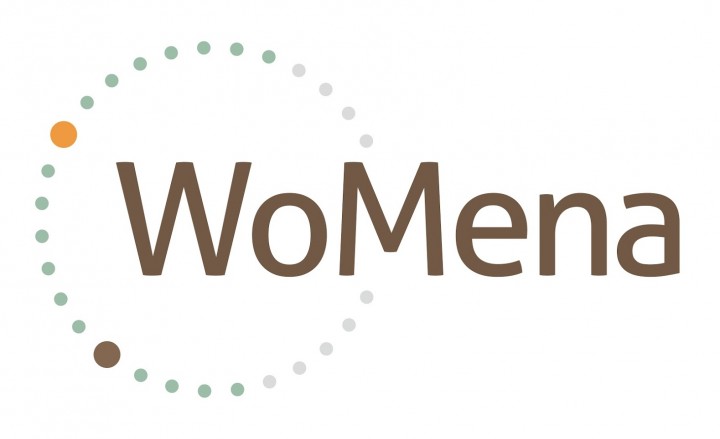WoMena WoMena
WoMena is an NGO working with the implementation of innovative reproductive health solutions (e.g. menstrual cup, reusable pads) in developing contexts, currently focusing on menstrual health. WoMena consists of Public Health, Development, Medical, Communication & Sociology professionals with expertise in reproductive health. African women is one of the key groups that we focus on, while involving men positively in our work and solutions is also a key priority. To address the issues above, we provide services for the private sector, NGOs, governments and research institutions such as:
- Literature review and policy analysis
- Research design and implementation
- Program design and assessment
- Grant proposals and management
- Action plans for bridging research and policy
In addition to our commissioned work, we do strategic independent work related to our core issues, such as strategic analysis and presentation of information related to menstrual cups and family planning to central stakeholders and fora.
Filter / Tags
Capacity developmentTechnology comparisonsCommunity sanitationPublic awareness, advocacy and civil society engagement WASH and nutritionHealth and hygieneInternational NGO
Countries of Activity
DenmarkUganda

WoMena
Headquarter location
